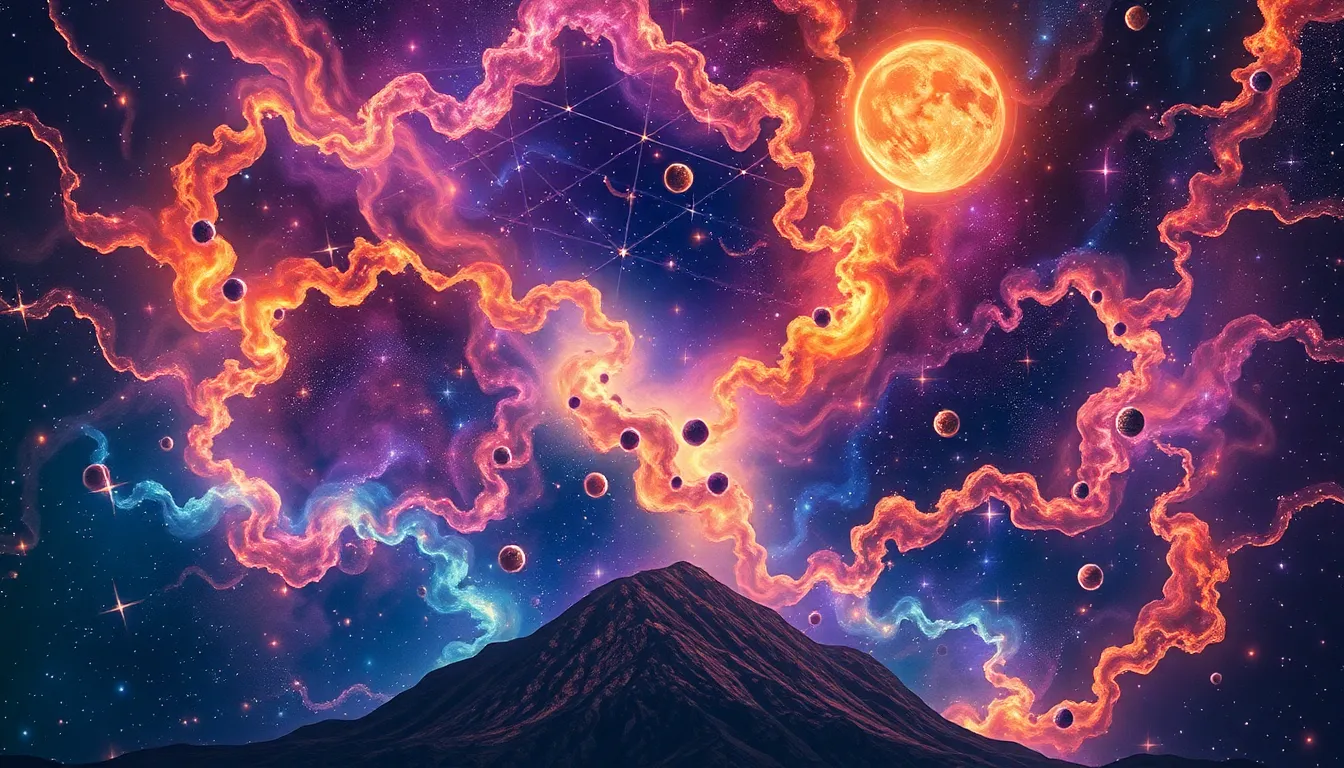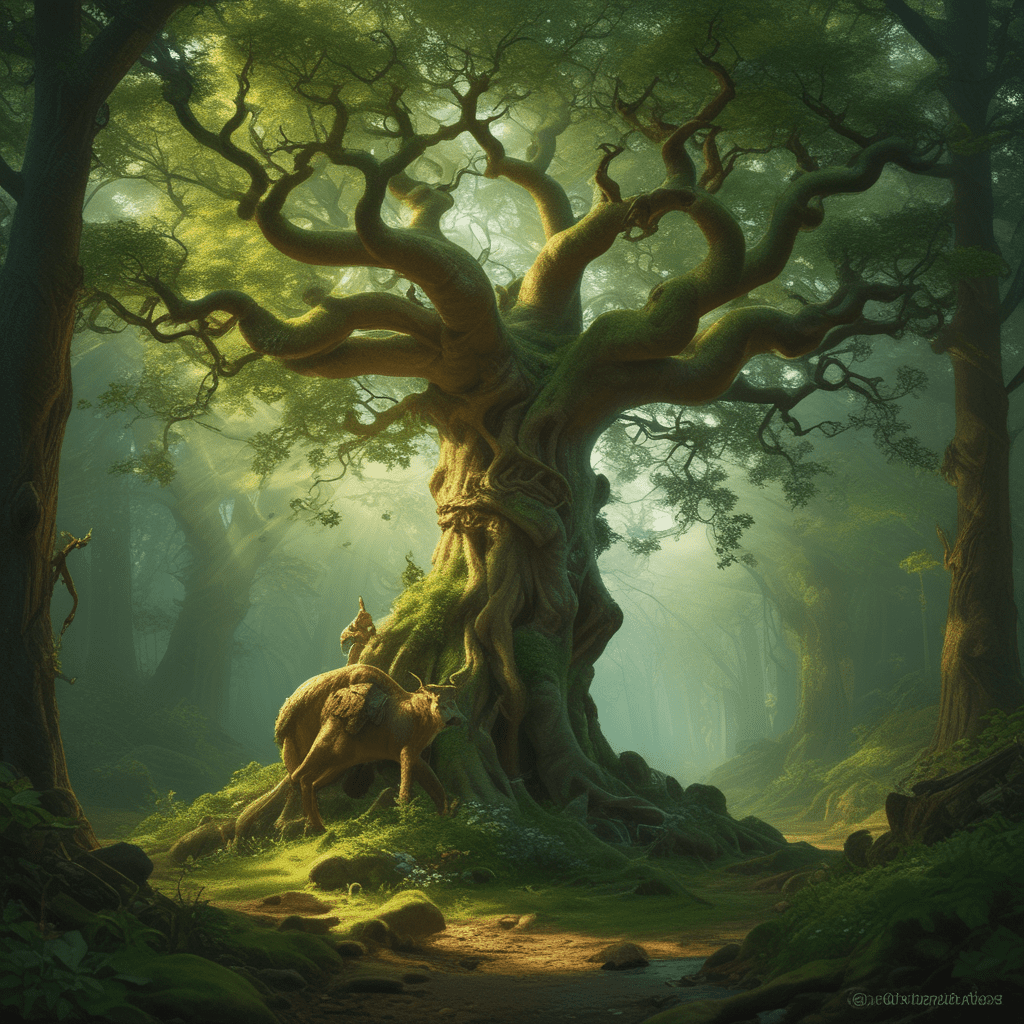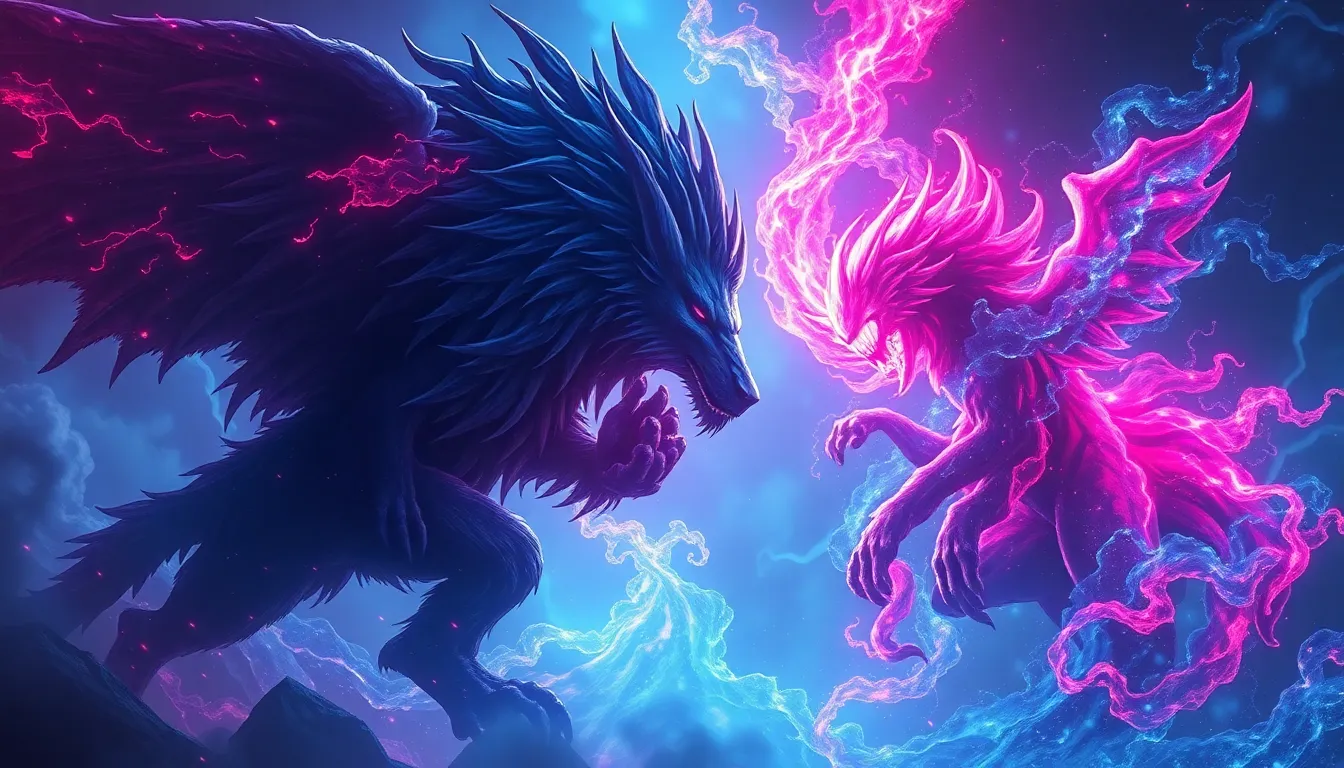The Role of Rituals and Ceremonies in Norse Mythology
1. Importance of Rituals in Norse Mythology
In Norse mythology, rituals and ceremonies played a significant role in daily life and revered traditions. These ceremonies were deeply intertwined with the beliefs and practices of the Norse people, honoring their gods and ancestors. Rituals were seen as a way to maintain harmony with the natural world, seek the favor of deities, and mark important life events like birth, marriage, and death.
2. Types of Rituals and Ceremonies
There were various types of rituals and ceremonies in Norse mythology, each serving a specific purpose. Blót, a sacrificial offering to the gods, was a central ritual aiming to establish and maintain the relationship between the Norse people and the divine. Festivals like Yule celebrated the changing seasons and agricultural cycles, while funerary rituals, such as the ship burials for the honored dead, reflected beliefs about the afterlife.
3. Symbolism and Practices
Symbols and practices in Norse rituals held deep meanings within the context of mythology. The use of items like the drinking horn, a symbol of hospitality and kinship, or the sacred tree Yggdrasil, representing the cosmos, infused rituals with layers of symbolism. Ceremonial practices like chanting incantations, performing the faining ritual (offering), and engaging in feasting showcased the solemnity and joy of honoring the gods.
4. Legacy and Modern Interpretation
The legacy of Norse rituals and ceremonies continues to captivate modern audiences. Aspects of these ancient practices have been incorporated into contemporary Norse Pagan and Heathen traditions, where individuals seek to connect with the old ways and maintain cultural heritage. Through rituals and ceremonies, practitioners honor the gods, ancestors, and the natural world, keeping the rich tapestry of Norse mythology alive in the present day.
FAQ: The Role of Rituals and Ceremonies in Norse Mythology
What role did rituals and ceremonies play in Norse mythology?
Rituals and ceremonies were pivotal in Norse mythology as they were believed to strengthen the connection between gods, humans, and the natural world. These practices were essential for honoring deities, ensuring prosperity, and seeking protection.
What were some common Norse rituals and ceremonies?
Common Norse rituals included offering sacrifices, such as animals or valuable objects, to appease the gods. Ceremonies like Blóts, dedicated to specific deities, were regularly performed to gain favor, celebrate festivals, or mark important life events.
How did rituals and ceremonies impact Norse society?
Rituals and ceremonies provided a sense of community and identity in Norse society. They reinforced social hierarchies, bonded individuals through shared beliefs, and instilled values like courage, honor, and loyalty among the people.



